
Want to learn more about nutrition?
Alice Rose, Dietitian, has answered some common questions.
Check them out below!
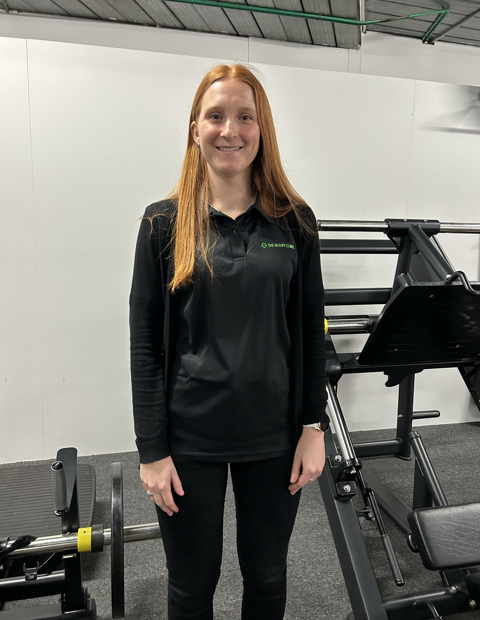

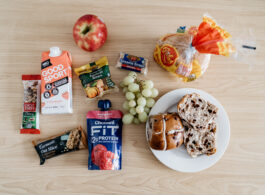
Is there a way I can change my diet so I can lose weight and gain muscle at the same time?
Yes you can, however the ability to do this is influenced by a few factors. Those who are novice athletes (new to strength training) or those with greater body fat mass tend to see the best results.
To gain muscle a quality strength training program is required. As this provides the stimulus for muscle growth.
To lose weight we need to be in a low to moderate energy deficit, meaning we are burning more energy than we are consuming.
To gain muscle (weight) we need to be in an energy surplus, meaning we are consuming more energy than we are burning.
Of course these are contradictory, hence gains are often lower and slower with these simultaneous goals. To do this the aim is to be in an overall energy deficit (a deficit of no more than 2000kJ) with optimal protein intake. That is 1.6-2.2g/kg of body weight spread out across 4-6 eating occasions as protein provides the essential amino acids for the growth and repair process to occur after strength training.
What are your top quick, easy, healthy snack options?
When selecting a snack aim for a source of protein and colour/fibre (fruit or vegetable). This will help with satiety and support gut health. Snack portions and type will vary with individual energy and nutrient requirements.
- Tub of greek yoghurt and a piece of fruit
- Boiled eggs with curry powder and a handful of cherry tomatoes
- Fava beans and carrot sticks
- Rice cakes with cheese and tomato
- Vita wears, tuna and avocado
- Nut bar and a piece of fruit
- Protein up and go and a piece of fruit
What foods are high in iron?
Animal sources
- Red meat (kangaroo, beef, lamb)
- Liver
- Salmon
- Tuna
Plant based sources
- Kidney beans
- Green lentils
- Tofu
- Iron fortified cereals (all bran, weetbix)
- Chickpeas
- Cashews, almonds
- Wholemeal pasta
- Spinach
- Oats
Consume iron with a source of Vitamin C (orange, pineapple, kiwi fruit, strawberries, broccoli, capsicum, tomato) to enhance absorption.
If my training has significantly reduced due to injury, should I adjust my diet?
Yes you should, however this is highly individualised depending on the injury, the extent and length of immobilisation and changes to training. The two key considerations are adjustments to energy intake and protein intake.
Protein
With reduced activity there is a decrease in the rate of production of muscle proteins (the main contributor to muscle loss). Muscle protein synthesis is also energetically expensive. Therefore the focus should be on consuming adequate protein with an even spread across the day. As an energy deficit will reduce muscle protein synthesis and exacerbate muscle loss during reduced activity/immobilization. Protein also helps assist with satiety (keeping you fuller for longer) which can be important when you have lower energy requirements.
Energy
The other key consideration is energy balance. Energy expenditure will likely decrease however it may not be as much as expected. Wound healing (the inflammatory response) increases energy expenditure. Reliance on crutches for ambulation uses more energy than walking, therefore also increasing energy expenditure. Being in an energy deficit during injury can lead to increased recovery time.
If you are concerned about muscle loss or weight changes during injury, consult a dietitian for individualised advice on your requirements.
Are there any benefits of intermittent fasting in relation to performance?
Studies on athletic performance during intermittent fasting are varied, however none of the studies have shown an improvement in performance. Fasting can compromise performance as a result of low energy intake and/or low carbohydrate intake impacting speed, endurance, decision making, concentration and/or skill execution. There is also a greater risk of poor recovery if training on fasting days as nutrient intake may not meet recovery targets.
If considering undertaking intermittent fasting it is important to periodise your meals and snacks around training.
Are there any FODMAP specific considerations when looking at nutrition and running?
Yes there are some FODMAP considerations in relation to running however these are highly individualised. FODMAPs are a group of carbohydrates that are not completely digested or absorbed in our intestines. FODMAPs stands for:
Fermentable
Oligosaccharides
Disaccharides
Monosaccharides
and
Polyols.
In runners there is reduced blood flow to the digestive system during exercise which can result in the gut being more susceptible to gastrointestinal distress during and after exercise.
Firstly fat, fibre, caffeine and supplement intake are investigated to assess if they are the cause of any symptoms or gut issues. Once ruled out, a Low FODMAP diet can be followed for the 1-3 days leading up to a training session that emulates competition. If successful in reducing GI symptoms this can then be implemented on race day.
If you are having exercise related gastrointestinal issues consult a dietitian for individualised advice on the best management.
Schedule your next visit
If you’re interested in booking an appointment with one of our team members, contact our clinic today and we’ll be happy to find time for a consultation.
Schedule ConsultExplore our physiotherapy services
Musculoskeletal
Physiotherapy
At The Injury Clinic Physiotherapy, we work closely with our clients to get them back doing the things they love as soon as possible.
Sports
Physiotherapy
The Injury Clinic Physiotherapy works with recreational to elite athletes to keep them injury free and achieving their goals.
Dry
Needling
All physiotherapists at The Injury Clinic Physiotherapy are qualified and experienced in dry needling as a treatment technique.
Running Related Injuries
Physiotherapists at The Injury Clinic Physiotherapy have a special interest in the diagnosis and management of running-related injuries.
Women's Health
Physiotherapy
We have physiotherapists with a special interest in Women's Health, including pre and post partum presentations. Let us work with you to stay fit, active and healthy.
Pre & Post-Operative
Physiotherapy
Physiotherapists at The Injury Clinic Physiotherapy work closely with surgeons to ensure best outcomes post surgery.
Injury Q&A
Our clinicians have been answering all your questions!
Running Analysis
The goal of a running analysis is to identify aspects of your technique that may be contributing to injury or impacting on efficiency.
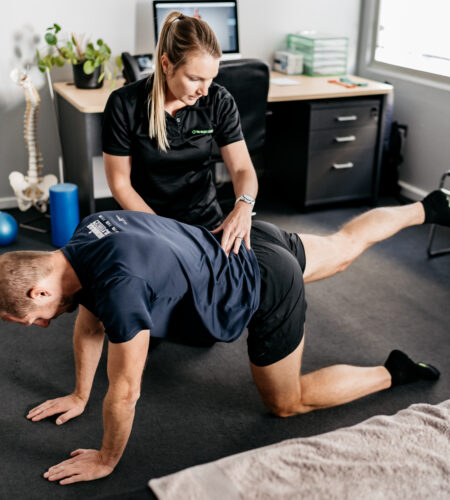

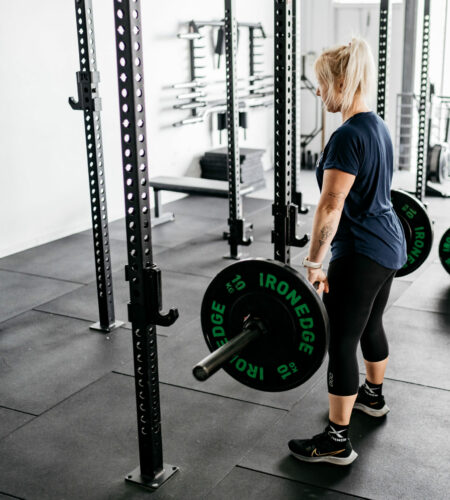

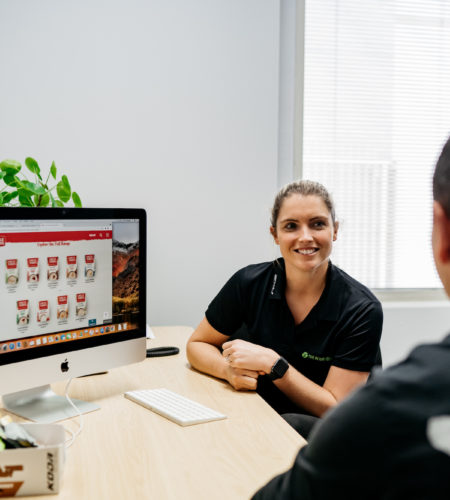

Schedule your next visit
If you’re interested in booking an appointment with one of our team members, contact our clinic today and we’ll be happy to find time for a consultation.
Schedule Consult